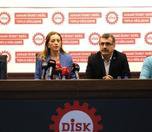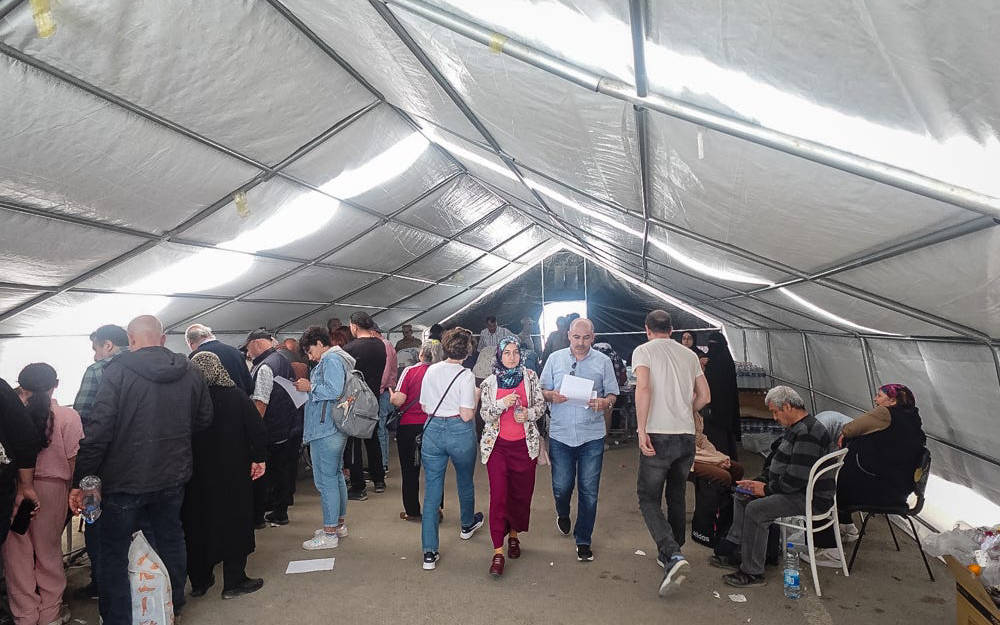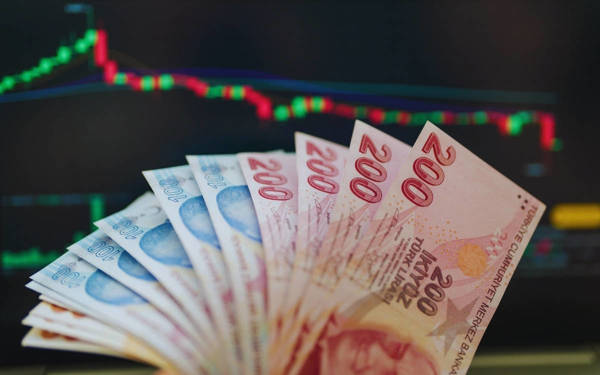Click to read the article in Turkish
Everyone is eagerly awaiting the implementation of new measures in the economy, the full extent of which we have yet to grasp. Policies that are widely accepted in the financial world, hence referred to as orthodox, will come to the forefront.
In fact, implementing orthodox policies is not a necessity. The definition of heterodox policies does not encompass a specific approach but encompasses a wide range of non-orthodox approaches. However, such absurd policies under the guise of heterodoxy have been implemented so far that resorting to orthodox policies seems to be the only way out of the quagmire.
Mehmet Şimşek and İndividuals who can be referred to as his team have been assigned, or will be assigned, to implement these policies. If Mehmet Şimşek manages to carry out the implementation of orthodox policies as anticipated, we can roughly predict what will unfold in the coming period.
Expected practices
In the initial stage, interest rates will be increased to limit demand and encourage savings. The exchange rate will rise, ensuring that imported goods remain expensive and exported goods remain cheap. The country's economy will achieve stability at a lower income level. Firms will have clearer visibility, and foreign investors will start showing interest.
Of course, as we are familiar with, this situation will lead to further deterioration of income distribution, collapse of the middle class, and an acceleration of impoverishment under the guise of austerity.
The increase in the exchange rate will raise the costs for industries heavily dependent on imported raw materials and intermediate goods. To balance this, reducing labor costs will be presented as a necessity. The government and business circles, who do not consider concepts such as scientific research and technological development at all, will not contemplate any other alternative.
Furthermore, the need to keep wages low will be emphasized in order to increase exports. It will be lamented that it is impossible to compete with countries like Bangladesh, Malaysia, Sri Lanka, and Peru at such wage levels.
Reduction of not only wages but also all expenditures related to labor will be deemed necessary, resulting in an increase in informal employment, workplace accidents, and occupational diseases. Those most affected will be foreign workers who are employed below the minimum wage, working for peanuts.
One of the most critical pillars of these policies will be strict adherence to budget equilibrium. Fiscal rules will be applied. Budget expenditures will be constrained, starting with items targeting low-income groups. The quality of basic public services will decline. Public investments will largely come to a halt.
In return, it is expected that savings will increase through inflows of external resources, investments will commence, foreign exchange rates will stabilize, and credits can be obtained at more reasonable interest rates.
Of course, these conditions will not be achieved immediately but rather in a difficult-to-predict period of time. If compensating for such arbitrariness were easy, governments worldwide would not shy away from such thoughtless behavior.
Expected deviations
There is also a possibility that orthodox policies may not be fully implemented. Will these practices be quietly allowed before the local elections? Or will interventions from various sides come into play: "How would a sultan who can't enforce his orders to his treasurer be able to rule?"
Such interventions can occur through several means. The highest probability lies in increasing assistance to the poor, expanding agricultural product purchases, and implementing VAT reductions on excessively expensive goods that are no longer affordable. All of these measures would result in budget deficits and accelerate inflation.
Alternatively, while creating employment on one hand and strengthening their supporters on the other, they may choose to expand the construction sector using state resources, which is the only path they know. This would also have an inflationary effect, in addition to the harm it would cause to cities and the environment.
Such policies would halt the entry of foreign capital circles, which already view Turkey with skepticism. Any slightest doubt about the long-term implementation of the program can lead to both domestic and foreign capital flight.
We cannot know whether Tayyip Erdoğan will allow Mehmet Şimşek to work as he desires. However, in both cases, it is evident that the situation will not improve for the masses. At the very least, in the short term, the deterioration of income distribution, the collapse of the middle classes, and the acceleration of impoverishment are in question.
To be fair, it should be noted that Turkey is not the only example in such a situation. It is a situation faced by all poor countries that have forgotten the concept of development and are obsessed with growth.
Unforeseen consequences
In both scenarios, the impact of economic conditions on politics will be negative. The increase in poverty fuels the state's paranoia regarding social unrest, leading to a tendency to restrict political freedoms. The repressive face of the state comes to the forefront.
Moreover, in Turkey, for the past 21 years, there has been a government that deflects reactions by finding a new enemy whenever dissatisfaction rises. Given that foreign powers, leftists, communists, secularists, coup plotters, Gülenists, and homosexuals have all had their turn, a new enemy will be needed to be credible.
We have witnessed how the government rapidly changes its stance when it feels a necessity. In a country where everything foreign is viewed with suspicion, in order to create an enemy, the increasing number of refugees, or officially known as asylum seekers, could be the closest candidates. Many people already blame them for unemployment, poverty, low wages, high rents, and long queues.
The opposition engaged in xenophobia so much during the election period so much that they will struggle to oppose it. Most likely, they will either remain silent against or participate in the aggressive rhetoric that Ümit Özdağ will initiate in order not to lose voters. Those prone to xenophobia exist in all parties and in society.
Lately, sentences starting with "The younger generation doesn't know, but there was a time..." have become more common. If they truly do not know, it is quite shameful. In the 1960s and 1970s, fascists in Europe would attack foreign workers because they worked for low wages and caused unemployment. Then, excuses such as cultural differences and inability to adapt would be put forward.
Similar arguments of xenophobia can be observed in Turkey. The intensification of the economic crisis may further spread hostility. Depending on how difficult the government perceives its own situation, this hostility may turn into violence.
Historical examples demonstrate that there are crowds prone to violence when they sense that the state is turning a blind eye. Helpless people who sought refuge in our country as a result of years of persistently pursued wrong foreign policy should not become victims of economic failure this time. (BD/Mİ/VK)





.jpg)


.jpg)


.jpg)
.jpg)
